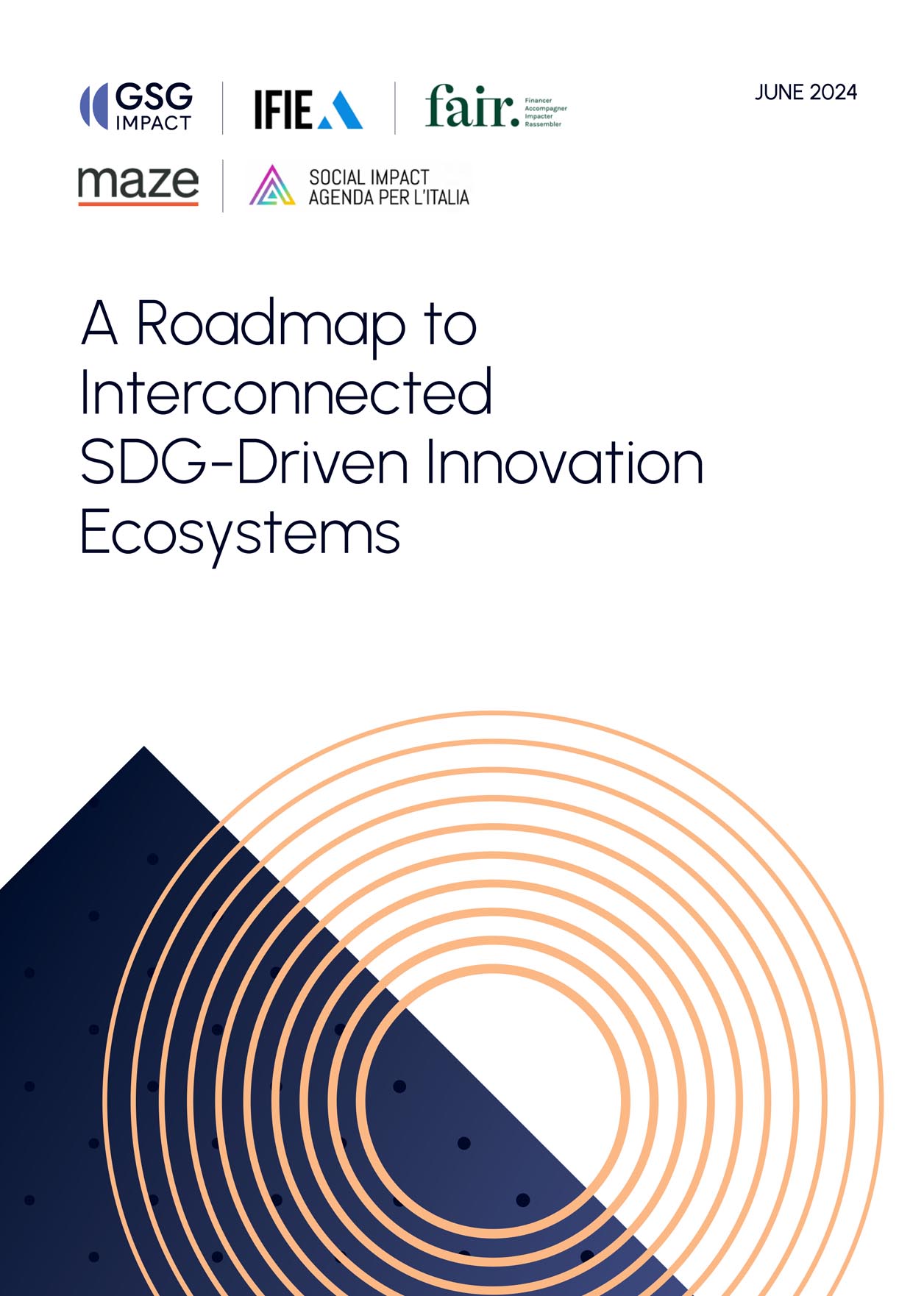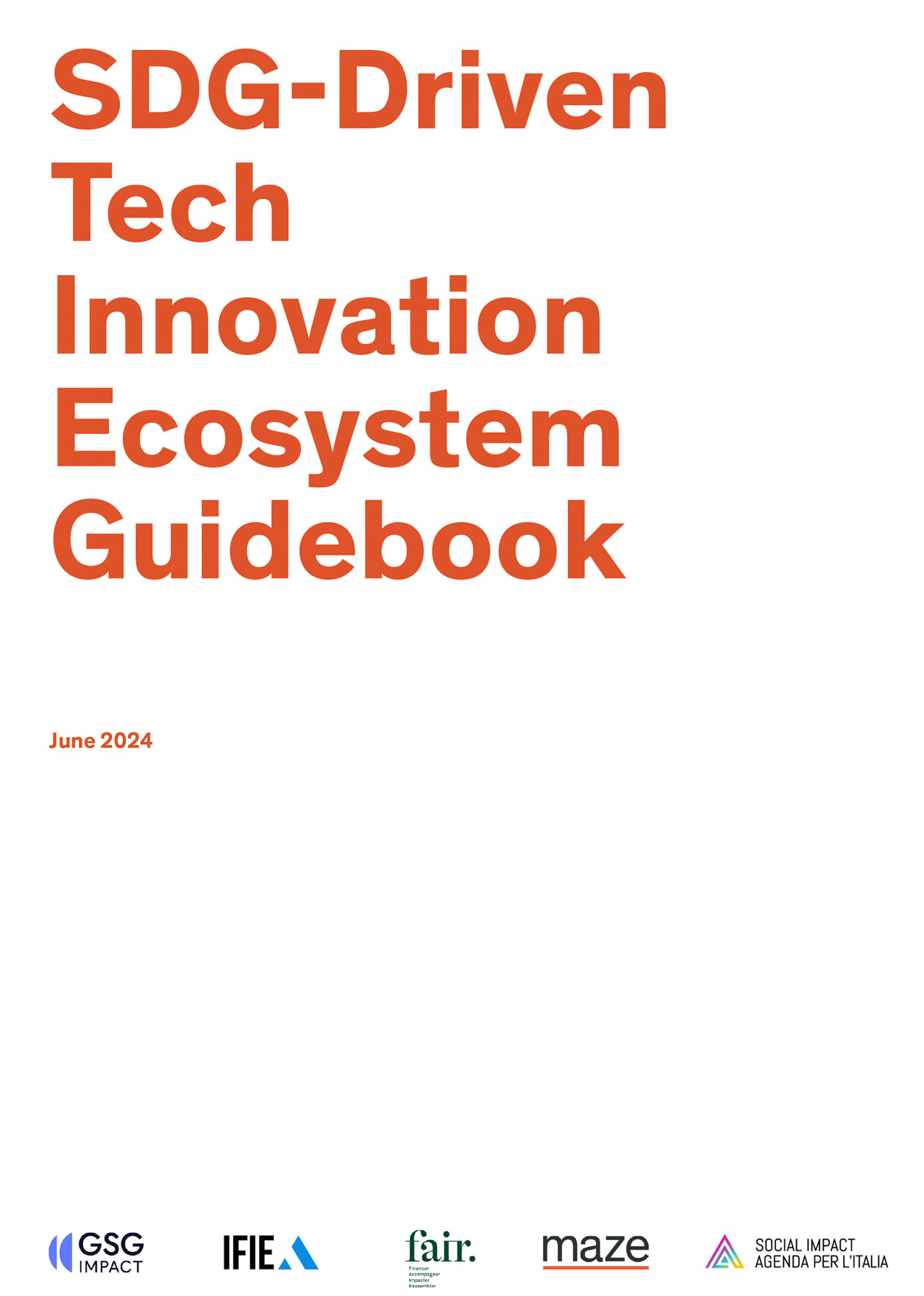NEWSLETTER – July 2024
As we reach the two-year mark of our SDG-driven Innovation Ecosystem project, we are thrilled to share the release of our two final publications: A Roadmap to Interconnected SDG-Driven Innovation Ecosystems and the SDG Driven Innovation Ecosystem Guidebook. These reports present the insights, strategies, and best practices we’ve gathered over the course of our journey starting in 2022, aiming to foster collaboration and prioritise tech-based solutions to drive sustainable development across Europe and neighbouring innovation ecosystems.
Figure 1 – A Roadmap to Interconnected SDG-Driven Innovation Ecosystems (left); SDG-Driven Tech Innovation Ecosystem Guidebook (right).
The Roadmap suggests a process for identifying and amplifying the thematic strengths of local innovation ecosystems, leveraging them as a foundation for collaboration with other ecosystems, and accelerating the growth and proliferation of SDG-driven, tech-enabled solutions. It provides a step-by-step process starting from defining the scope of SDG-Driven Tech Innovation Ecosystems (see Figure 2), local actions, regional collaborations, and assessing results.
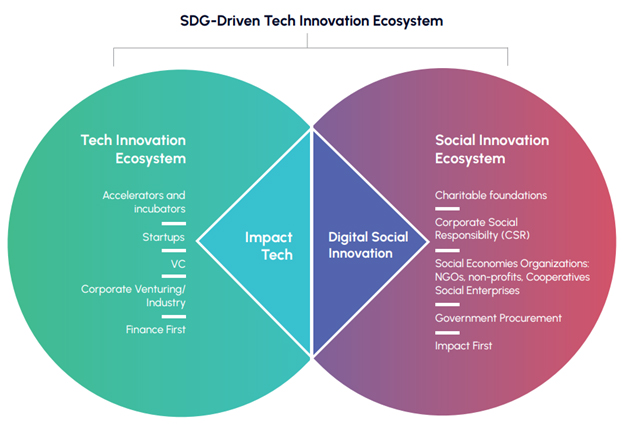
Figure 2 – Visualising the scope of SDG-Driven Tech Innovation Ecosystems
The Guidebook encapsulates a wealth of best practices identified by the seven project partners across diverse countries, markets and ecosystems, featuring cases from France, Portugal, Israel, Italy, Lithuania, Estonia, and Poland. The case studies span the domains of venture philanthropy, private equity, social finance, and various ecosystem roles, from market participation to market regulation. The subsequent sections explore these best practices in detail, discussing their roles and addressing challenges, added values, and measurable impacts.
For a deeper dive into our project publications and activities over the past two years, we invite you to visit our project website. GSG Impact and the SDG-Driven Innovation Ecosystems Consortium partners remain committed to building markets and influencing local and regional stakeholders.
Thank you for being a part of this journey with us, and we look forward to continuing our impactful work together.
IFIE (Israel National Partner)

On June 6th, IFIE hosted the “Impact Nation Un-conference” at Microsoft for Startups, bringing together hundreds of participants from the Israeli ecosystem to share knowledge and foster collaboration. Featuring over 20 discourse circles, led by community leaders and experts in Israel, with about 40% focused on SDG tech innovation. The 3-hour event promoted optimism and a commitment to positive change for our ecosystem.
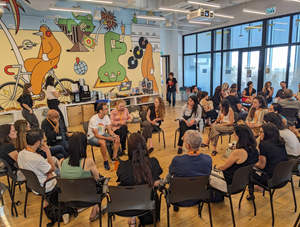
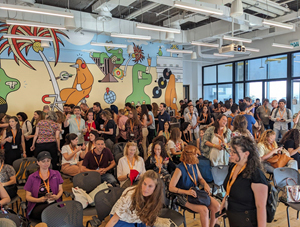
Figure 3 – Impact Nation Un-conference hosted by IFIE on June 6, 2024.
Furthermore, the Innovation Authority’s 2024 Annual Report reflects the crossroads Israeli high-tech is currently facing. Despite a boom in investments and high-tech employment since 2018 in Israel, some indicators are declining. Surveys show over a third of startups in a down round, with venture capital funds expecting reduced investment and activity in Israel.
Registration for the Go Global Climate Program has reopened, a scale-up programme designed to boost startups’ maturity by utilising three main verticals: tech, funding, and market penetration. The programme is individually tailored for each startup to ensure its time is spent wisely. Additionally, upon completion of the program, start-ups will participate in a follow-up process to support their ongoing growth.
Lastly, the Pears Program for Global Innovation launched “Innovation Journey 4,” supporting 10 Israeli Agtech companies in understanding market fit in Ethiopia. These companies will present their technologies to Ethiopian counterparts next month, aiming to improve the lives of small-scale farmers in Ethiopia. This initiative leverages Israeli technology and expertise to transform the lives of small-scale farmers in Ethiopia, in partnership with the Israeli Ministry of Economy and Industry.
MAZE (Portugal NAB)
![]()
Over the last few months, Maze focused on creating the SDG-Driven Tech Ecosystem Guidebook, a foundational resource for understanding and enhancing structures that foster impactful technological solutions to achieve SDGs. In the last quarter, several interesting events and opportunities brought together members of the Portugal SDG-Innovation ecosystem:
Organised by Startup Portugal, SIM is an event designed to match entrepreneurs, startups, and national and international investors. The event focuses on generating opportunities for connections and forging meaningful relationships within the Portuguese ecosystem. The SIM Conference offered a platform for startups and investors to connect and collaborate. he conference addressed social and environmental impact with a dedicated panel on ‘Impact in Action: Business & Investment Practices,’ featuring António Miguel, CEO at Maze. This year, the event took place in Porto from May 2nd to May 4th.
maze X — an early-stage funding program for impact-driven newly founded teams, aims to multiply their execution capacity by 3x ahead of their first funding round. Maze X hosted an in-person, two-day event for the junior impact venture capital community on May 24th and 25th in Lisbon, with 15 junior investors attending. Participants had the opportunity to grow together as investors, promote knowledge and deal sharing across funds, and strengthen the impact investment ecosystem.
The AIV0LUT10N is a conference, powered by Knower Impact Meetings, focused on the transformative power of Artificial Intelligence (AI). It brought together business leaders to understand and explore AI’s impact on their organizations. The conference featured specialists in AI, including Responsible AI, and addressed topics on using AI for the benefit of humanity. The conference took place in Lisbon on May 29th.
FAIR (France NAB)

The French ecosystem is seeing a significant rise in impact investments, driven by a growing number of companies and tools in the tech sector. Ring Capital, a Paris-based investment firm founded in 2017, focuses on early-stage tech companies, blending social and environmental impact with business performance. Listed by FAIR, Ring Capital is a key player in France’s solidarity finance ecosystem. Their venture fund, Ring Mission, supports start-ups addressing social or environmental issues. In 2023, Ring Mission closed at €66 million, surpassing its €50 million target, reflecting growing investor interest in impactful solutions. The fund targets high-growth tech companies with significant impact potential, investing between €500,000 and €5 million. Notable investors include the European Investment Fund and the Visa Foundation. The portfolio includes:
- Ava – real-time transcription for the hearing-impaired
- Vestack – low carbon building construction)
- each One – training and recruitment for refugees
Additionally, Mouvement Impact France launched the Impact 40/120 index last March, which aims to highlight and support the 40 most promising impact companies to become impact unicorns* and the 120 companies to be closely monitored and supported in their acceleration. The selected companies can then benefit from several advantages, such as media visibility, support by Impact Lab for acceleration, impact measurement, and advocacy strategy. As well as benefits in terms of networking, and building partnerships with the ecosystem. Companies like lita.co, a sustainable investment platform, and Geev, a peer-to-peer donation app, are among the winners of this index.
Lastly, the Institut de la Finance Durable organised the Fintechs for Tomorrow Challenge to identify fintechs that facilitate sustainable, fair, and inclusive financing. The challenge includes three prize categories:
- Seed Prize: €30,000 for ideation-phase projects.
- Young Growth Prize: €25,000 for start-ups with a proven concept.
- Tree Prize: €20,000 for companies in the acceleration phase.
Winners also receive masterclasses, support, and memberships in relevant organizations. Special attention is given to diversity and inclusion. Applications are open until September 6, 2024, with the awards ceremony on October 15, 2024, during French Fintech Week.
Social Impact Agenda per l’Italia (SIA) (Italy NAB)
![]()
Proclaiming 2030 as the “European Year of Impact” is a key proposal in the “Investing for Impact Manifesto.” Social Impact Agenda for Italy (SIA), alongside Impact Europe and the GSG Impact boards from France, the Netherlands, Belgium, and Spain, signed this manifesto to urge European decision-makers to commit to supporting the investments necessary to achieve the UN SDGs by 2030.
The Manifesto addresses newly elected MEPs and European decision-makers, urging them to prioritize impact in future EU policies. It calls for supporting investors who intentionally link their activities to generating positive, measurable impacts and financial returns, in line with the SDGs of the 2030 Agenda.
Under the Manifesto initiative, Social Impact Agenda per l’Italia has started its own national campaign, claiming the target of “One trillion for Impact investments“.
In May, the Sustainable Development Festival 2024, organised by ASVIS – The Italian Alliance for Sustainable Development, highlighted the SDGs. The event featured the presentation of the report “Scenarios for Italy up to 2030 and 2050. The choices to be made now for sustainable development”.
A call for concrete, impactful commitment to the 2030 Agenda was central to the C7 Final Communique presented to the G7 Italian Presidency during the C7 Summit at FAO Headquarters in Rome on May 14-15. The document, developed by Civil Society (C7) Working Groups with contributions from SIA, emphasizes policy coherence between national and international dimensions and sectors to promote global peacebuilding and address the challenges of social, environmental, and climate justice.
PROJECT PARTNERS & SPONSORS




The consortium’s work is generously supported by a grant from the European Commission through its Horizon 2021-2027 European Innovation Ecosystems (EIE) initiative.
DISCLAIMER
Funded by the European Union. Views and opinions expressed are however those of the author(s) only and do not necessarily reflect those of the European Union or [name of the granting authority]. Neither the European Union nor the granting authority can be held responsible for them.

